Ask AI on The Internet
Question: give me the definitions for all of these Entrepreneurs Entrepreneurship Employees Manufacturing Wholesaling Retailing Service Self-assessment Aptitude Opportunities Ideas Trade Shows Problem Solving Model Brainstorming
Sure! Here are the definitions for the terms you requested: 1. **Entrepreneurs** - Individuals who create, organize, and operate a business or businesses, taking on greater than normal financial risks in order to do so. They are typically characterized by a willingness to innovate, take risks, and drive their ventures forward. 2. **Entrepreneurship** - The activity or process of creating, launching, and running a new business (often described as a startup), which typically includes identifying opportunities, securing funding, and managing the venture. 3. **Employees** - Individuals who are hired by an organization or company to perform specific tasks, responsibilities, or duties. They are typically compensated with wages, salaries, and benefits and work under the direction of the employer. 4. **Manufacturing** - The process of converting raw materials or components into finished goods through the use of tools, machinery, and labor. This is often done on a large scale and involves systematic production processes. 5. **Wholesaling** - The selling of goods in large quantities at lower prices to be retailed by others. Wholesalers typically act as intermediaries that buy from producers and sell to retailers or other businesses. 6. **Retailing** - The process of selling goods or services directly to consumers for their personal or household use. Retailers operate in various formats, such as brick-and-mortar stores, online shops, or mobile premises. 7. **Service** - An intangible product that involves a deed, performance, or effort that cannot be physically possessed. Services include tasks or activities rendered for a customer or client, such as healthcare, education, or consulting. 8. **Self-assessment** - A process through which individuals evaluate their own skills, abilities, values, and interests. This helps them make informed decisions about their careers, goals, and plans for personal development. 9. **Aptitude** - An individual's natural ability or talent for learning or developing skills in particular areas. Aptitude may also refer to potential in specific fields such as mathematics, art, or verbal reasoning. 10. **Opportunities** - Favorable circumstances or situations in which an individual or organization can take advantage of to achieve desired goals. In business, opportunities often refer to market gaps, trends, or consumer needs that can be capitalized upon. 11. **Ideas** - Thoughts, concepts, or suggestions that come from the mind, that can lead to creative solutions, innovation, or business ventures. Ideas are the starting point for developing new products, services, or improvements. 12. **Trade Shows** - Events where businesses in a specific industry showcase and demonstrate their products and services. Trade shows often provide networking opportunities, generate leads, and offer insights into industry trends and innovations. 13. **Problem Solving Model** - A systematic approach used to find solutions to complex issues. The model typically includes steps such as identifying the problem, generating potential solutions, evaluating and selecting the best solution, implementing the solution, and reviewing the outcome. 14. **Brainstorming** - A creative problem-solving technique that involves generating a large number of ideas or solutions in a group setting. Participants are encouraged to think freely and share any thoughts that come to mind, with the goal of fostering innovation and identifying viable options.
Think your answer is better than the AI's? Post it below.
Other Most Relevant Posts:
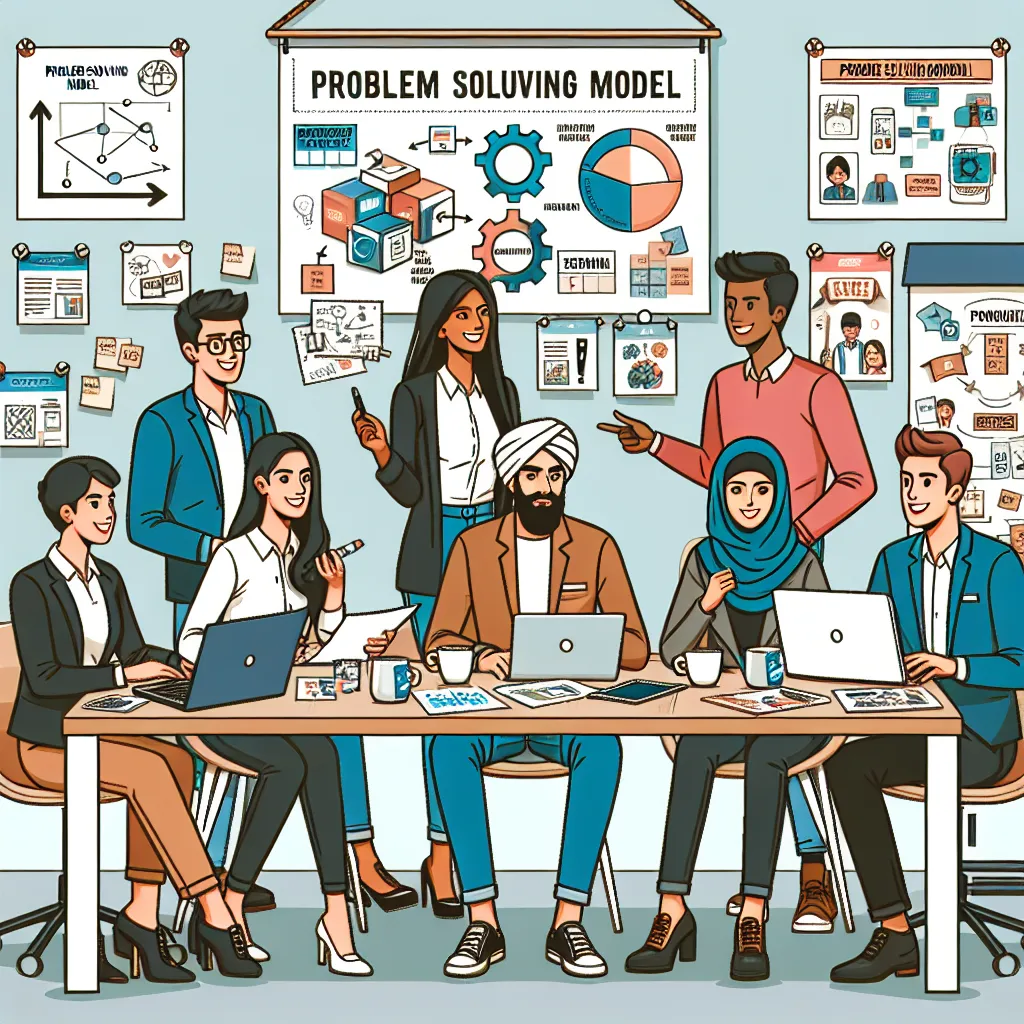 1. Entrepreneurs: Risk-taking Innovators Driving Market Changes.
2. Entrepreneurship: Innovating Businesses with Risk-taking and Opportunities.
3. Employees: Contributors to Business Productivity
1. Entrepreneurs: Risk-taking Innovators Driving Market Changes.
2. Entrepreneurship: Innovating Businesses with Risk-taking and Opportunities.
3. Employees: Contributors to Business Productivity
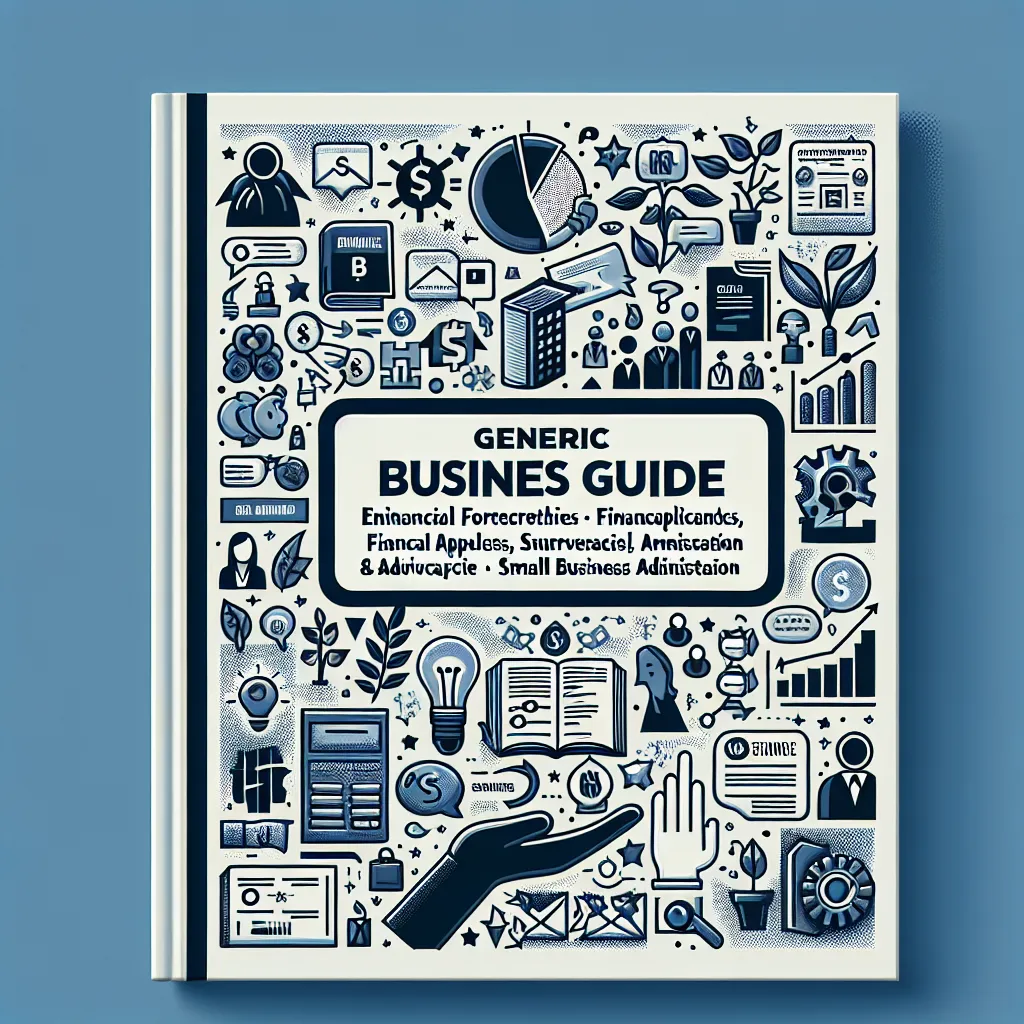 1. Business Plan: A roadmap for a company's success.
2. Cover Letter: A compelling introduction for job applications.
3. Executive Summary: Key points without all the details.
4. Exit Survey: Fee
1. Business Plan: A roadmap for a company's success.
2. Cover Letter: A compelling introduction for job applications.
3. Executive Summary: Key points without all the details.
4. Exit Survey: Fee
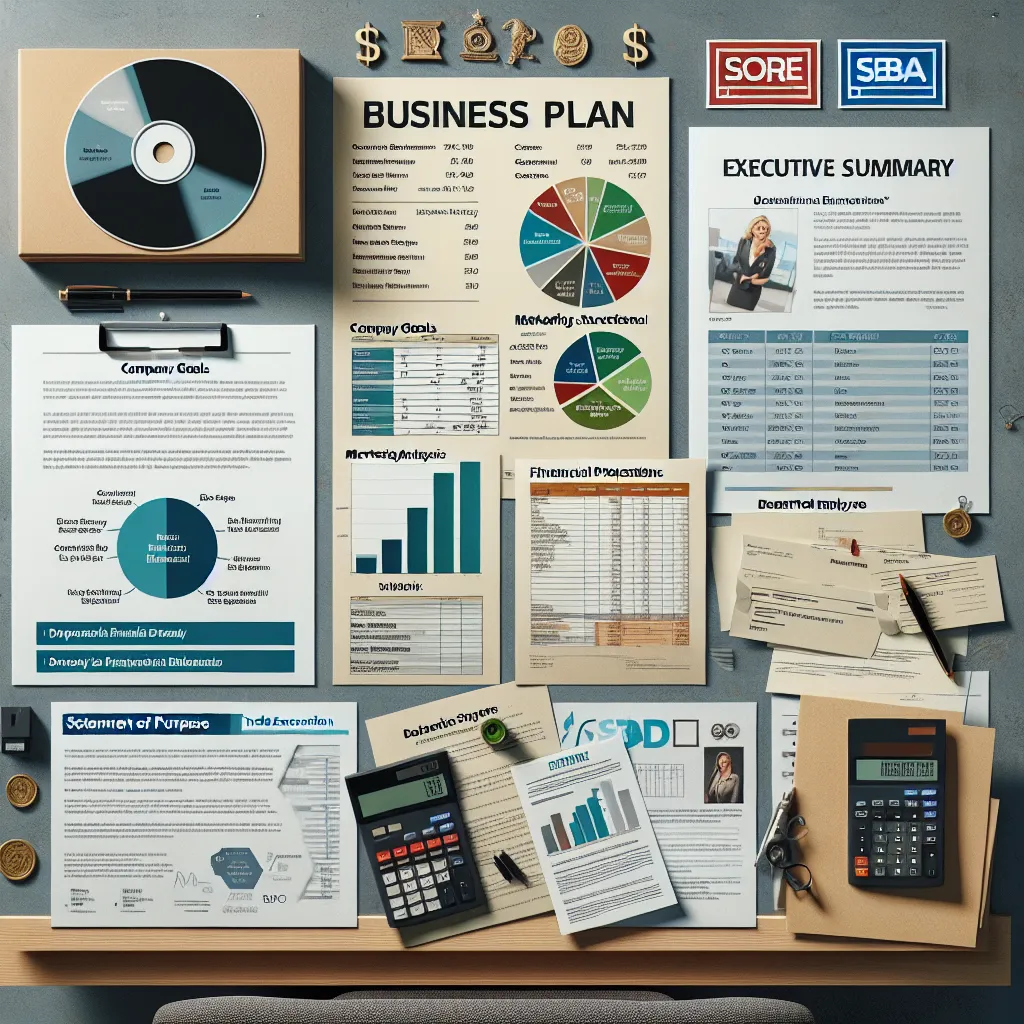 1. Business Plan: Detailed roadmap for achieving business goals.
2. Cover Letter: Introduction accompanying job application or proposal.
3. Executive Summary: Concise overview of larger document'
1. Business Plan: Detailed roadmap for achieving business goals.
2. Cover Letter: Introduction accompanying job application or proposal.
3. Executive Summary: Concise overview of larger document'
Question Tags
If you want your question answered by an AI, click here.
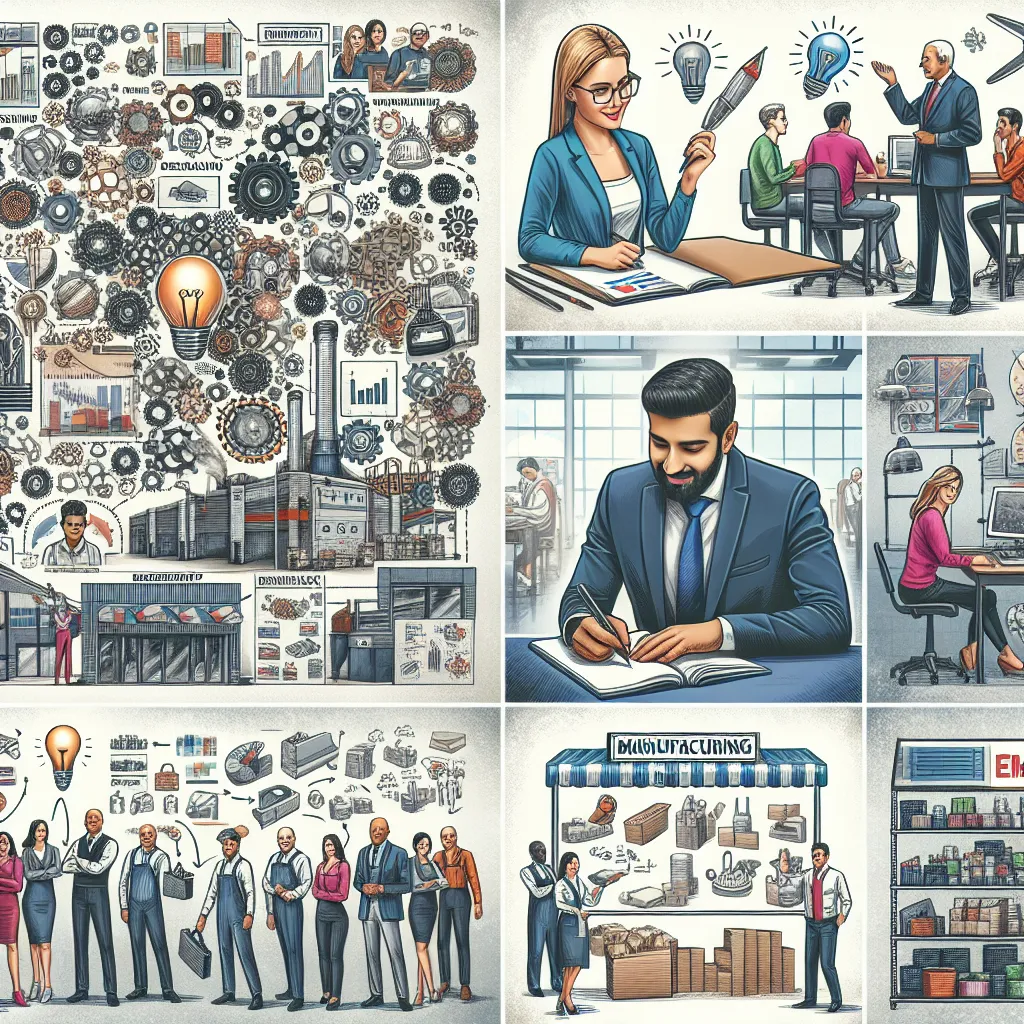
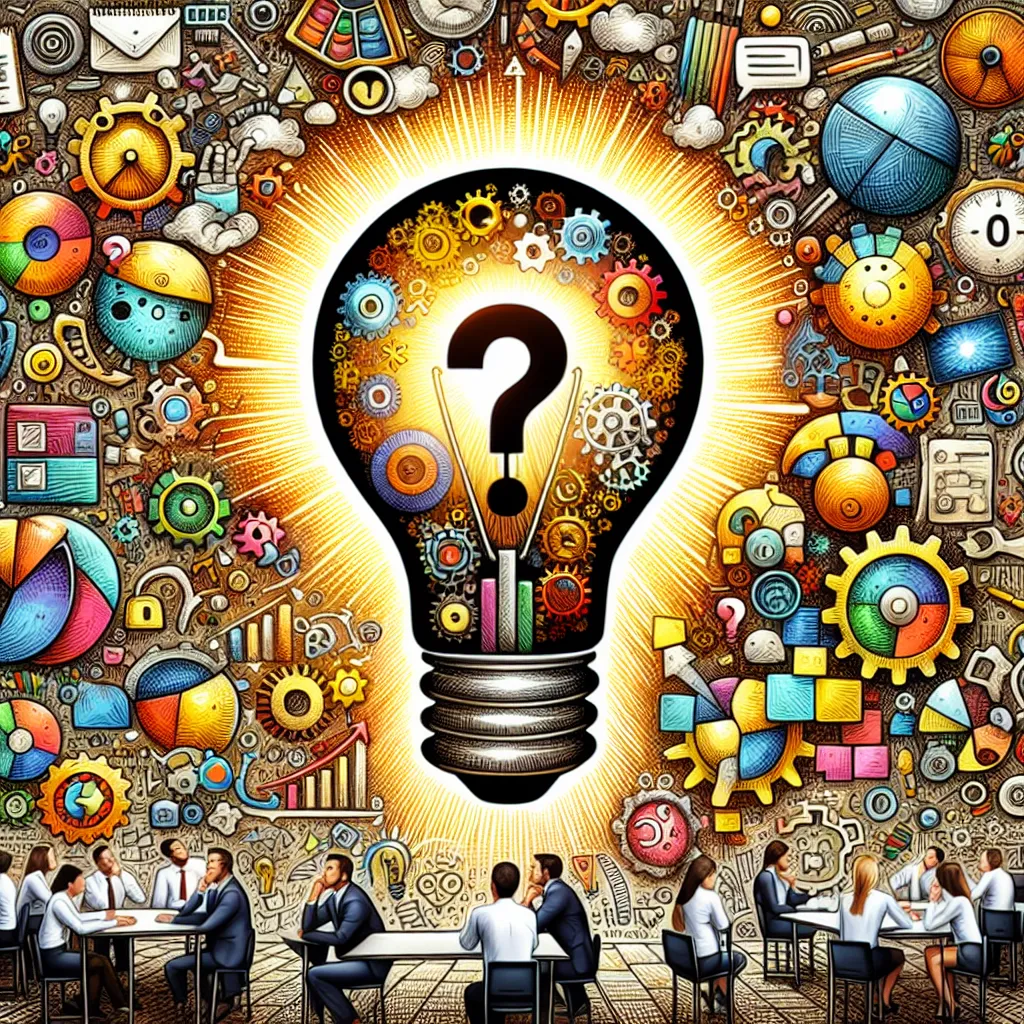
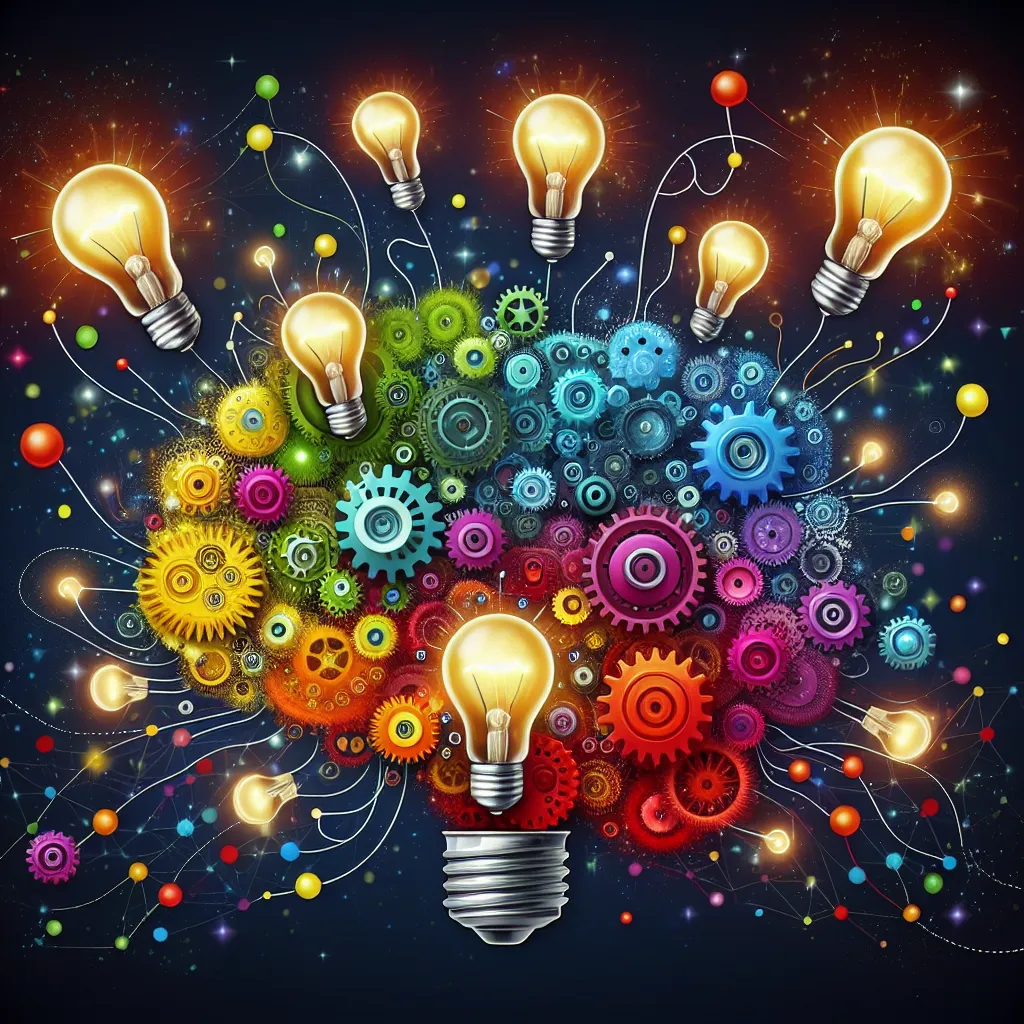
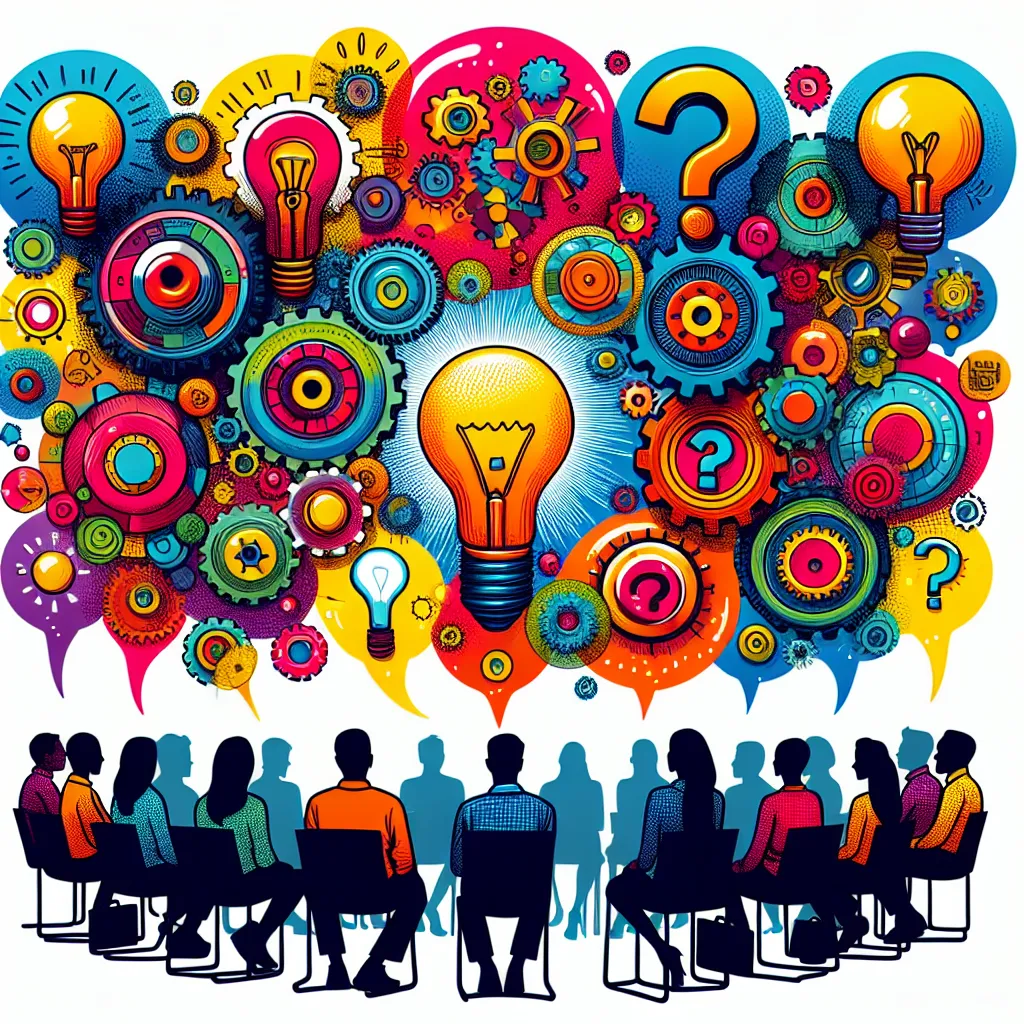
Post your own comment: